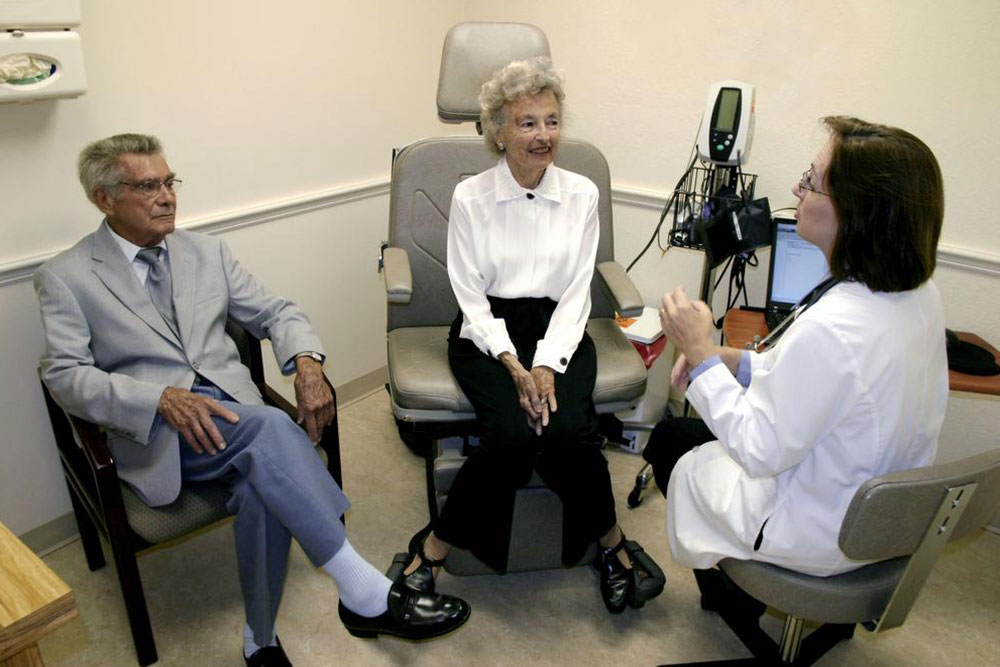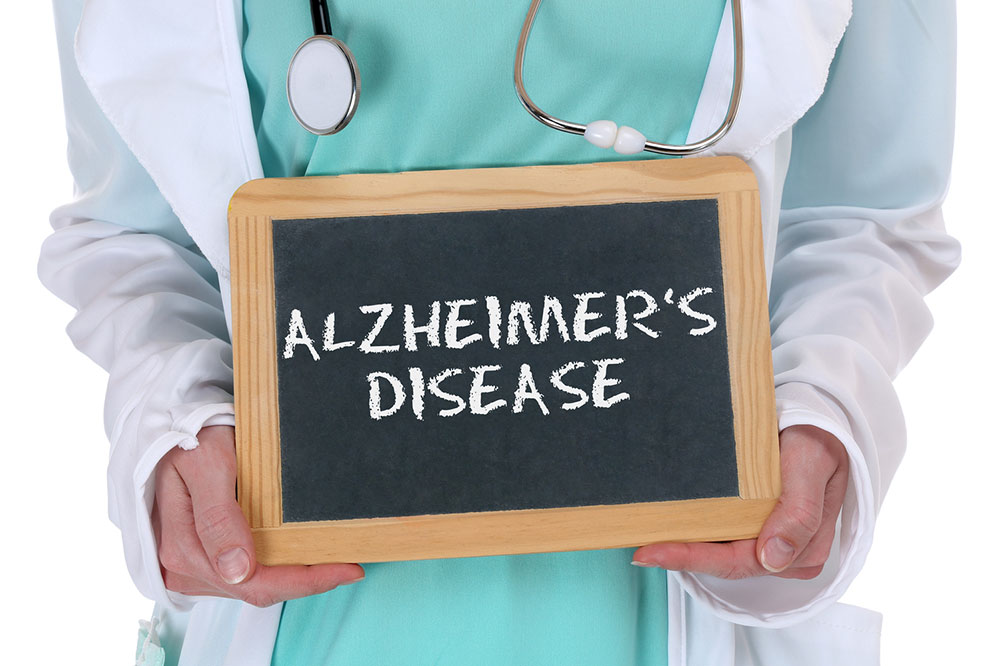The Stages And Progress Of Alzheimer’s
The stages and progress of Alzheimer’s
Alzheimer’s disease is an irreversible brain condition in which the patient starts losing their memory and thinking abilities as the disease progresses. This can happen in the middle age or old age. As the mental problem persists, they will not be able to carry out their routine tasks as well. So, it is always good to make sure that you are taking proper care of the person who is showing symptoms of Alzheimer’s and get appropriate treatment started.

What are the causes of Alzheimer’s disease?
- Experts haven’t actually been able to identify a set of common causes for Alzheimer’s disease. However, there are certain things that can be risky and can be linked to this disease.
- Age is one of the most important factors in that. Most of the people who experience this problem have had it after they had crossed the age of 65 years.
- If there is an immediate family member who was diagnosed with this problem, there are high chances of you getting it. So, you need to keep a check of Alzheimer’s symptoms.
- It can be a genetic problem as well. Any genes linked to this health issue can cause it.
What are the stages of Alzheimer’s disease?
There are different stages of Alzheimer’s disease, and the symptoms can help you decide the stage:
- Stage 1 : This stage does not show any kind of Alzheimer’s symptoms, but if there is any family history of this mental health issue, you need to get it checked by a doctor.
- Stage 2 : This is the stage when you will be able to see the symptoms of forgetting things.
- Stage 3 : This is the stage of mental and physical impairment. The person will not be able to concentrate and starts losing memory. These symptoms are really mild, and only a person who is really close will be able to notice them.
- Stage 4 : This is the stage when the doctor will be able to diagnose the Alzheimer’s symptoms. Here, you will be able to see that the patient’s memory problem is worsening, and they are not even able to do their daily chores.
- Stage 5 : At this stage, the symptoms become severe, and help and support from the loved ones can be really useful.
- Stage 6 : When a person reaches stage 6, the person will not be able to eat their own food and cannot even dress-up properly; help is required from the loved ones.
- Stage 7 : This is the last stage of Alzheimer’s, and at this stage, the person will not be able to speak and will not get any facial expressions.
What are the symptoms of Alzheimer’s?
- Loss of memory to a degree where the patient doesn’t even remember their daily activities.
- Difficulty in remembering even simple things, such as switching off the microwave after turning it on.
- Inability in solving problems that the patient could earlier do with ease.
- Difficulty in writing and speech.
- Personal hygiene decreases.
- The person will not be able to make decisions.
- Changes in personality.
- Mood swings.
How is Alzheimer’s disease diagnosed?
- Unfortunately, the only way to accurately diagnose Alzheimer’s disease is by examining the brain tissue of the patient, and that can be done only after their death.
- However, if the patient has a family history of the disease, the doctor can make use of their symptoms to diagnose the disease.
- Even otherwise, as the symptoms start to creep into the life of the patient, the doctors conduct several tests to rule out other diseases with similar symptoms.
- Thereafter, the patient’s habits, like smoking, alcohol, and diet, and their lifestyle are examined.
- Their present medications are also checked.
What are the treatment options?
- There is no definite treatment or medication that can help you get rid of this problem permanently; there is no permanent cure.
- However, your doctor may recommend you some medication or other treatment options that can help you ease the symptoms and will also help delay the progression of Alzheimer’s.
It is always good to get started with the treatment even when there is no permanent cure for this problem. The caretakers should be more careful and try to spend more time with the patient as the disease progresses.




